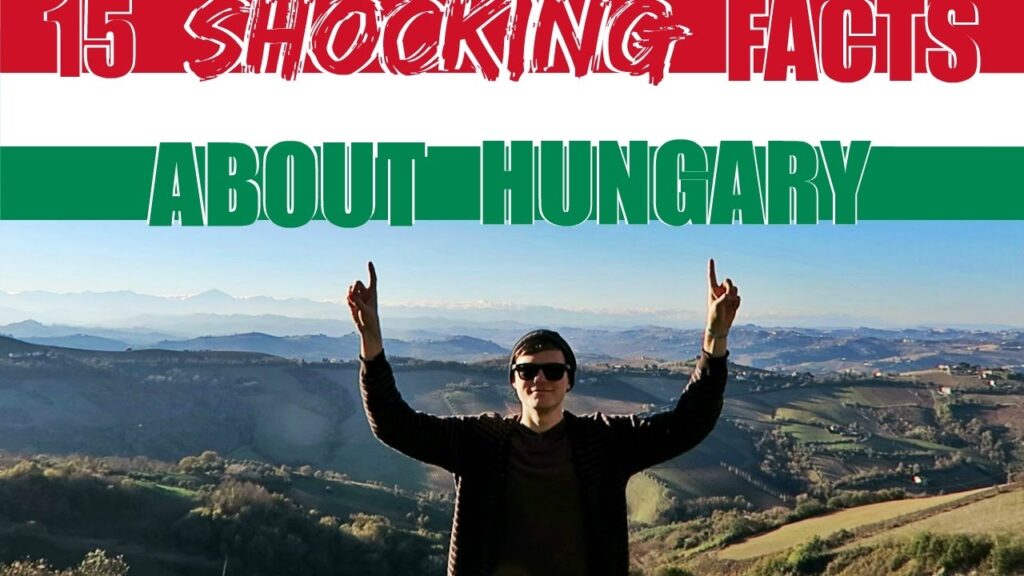15th March, Hungary’s National Holiday
15th March is a national holiday in Hungary. It commemorates the Hungarian Revolution of 1848, which grew into a war for independence. Revolution was in the air across Europe in 1848, with insurrections arising from the isle of Sicily to the royal palace of Paris to the streets of Berlin and beyond and arriving also in Budapest. The movement was called ‘Spring of Nations’. The different nationalities of the Austrian Empire strived to gain autonomy and independence from the Habsburg rule.

On the morning of 15th March, the revolutionaries e.g. Sándor Petőfi, Mór Jókai, József Irinyi, Pál Vasvári gathered at Pilvax Café and adorned their lapels over their heart with ribbons in Hungary’s national colours of red, white, and green. Then they marched into the streets of Budapest to visit various places and loudly recite their 12 Points. They gathered a fast-growing crowd of sympathizers who joined their movement. Before long, thousands of fiery and excited Budapest citizens were parading through the city. They defied censorship by seizing the presses to print and distribute their 12 Points. They stopped before the grand stairway of the National Museum, where Petőfi stood in front of the people and zealously delivered his “National Song”:
“Rise Up Magyar the Country Calls!” is a quote probably every Hungarian knows by heart. It’s a line from Petőfi’s National Song (Nemzeti dal) which he recited on the steps of the National Museum. The crowd chanted the last words of every stanza:
“By the God of the Hungarians
We vow,
We vow, that we will be slaves
No longer!”
József Irinyi’s ‘12 Points’ included the following ideas:
– Responsible ministries (All ministries and the government must be elected by the Parliament)
– Freedom of the Press (The abolition of censure and the censor’s offices)
– Popular representation (by democratic parliamentary elections, the abolition of the old feudal Parliament which was based on the feudal estates)
– Right of public meeting, (Freedom of assembly and freedom of association)
– Universal equality before the law, civil and religious equality (The abolition of separate laws for the common people and nobility, the abolition of the legal privileges of nobility)
– Universal and equal taxation, (abolition of the tax exemption of the aristocracy)
– The abolition of the Aviticum, (Aviticum was an old feudal origin obsolete and anomalous land-tenure, it declared that only the nobility could own agricultural lands)
– The abolition of serfdom and bond services, with state-financed compensation to the landlords.
– Freedom, equality, and fraternity!
The war for independence was eventually suppressed by the joint forces of Austria and Russia in October 1849. Tens of thousands were killed in the war and many more sent to exile. Petőfi also died in the war. Despite the failure of the revolution to deliver independence, the revolution is seen as a key point in Hungary’s history. It has been stated that the efforts of the people at that time should be remembered so 15th March has been declared a national holiday. Hungarians wear tricolour cockades (rosettes) containing red, white and green ribbons, the colours of the Hungarian flag pinned to their clothes on this day in honour of 15th March.
There are several buildings and traditions that have become a symbol of the revolution and are part of the commemorative ceremonies. Festivities start in the morning with the hoisting of the Hungarian flag in Kossuth Square and continue in front of and on the steps of the Hungarian National Museum. The main events include a ceremonial speech by the Prime Minister and a traditional Hussars procession to Buda Castle. On this day the Hungarian Holy Crown and the Crown Jewels, on display at the Hungarian Parliament, can be viewed free of charge. Several museums, including the Budapest History Museum, the National Gallery, the National Archive and the Military History Museum, are also open to the public free of charge and there are festive programmes – dancing, folk music, concerts – on the Castle Hill.
Vocabulary
to commemorate | megemlékezni valamiről |
war for independence | szabadságharc |
insurrection | felkelés |
Spring of Nations | Népek tavasza |
to strive | törekedni |
rule | uralom |
adorned with | ékesítve valamivel |
lapel | kabáthajtóka |
ribbon | szalag |
to recite | elmondani, elszavalni |
fiery | tüzes |
to defy | ellenszegülni |
to seize | elfoglalni |
press | nyomda |
to distribute | terjeszteni |
zealously | lelkesen |
by heart | kívülről |
to vow | esküdni |
slave | szolga, rabszolga |
responsible | felelős |
to elect | választani |
press | sajtó |
abolition | eltörlés |
representation | képviselet |
assembly | gyülekezés |
equality | egyenlőség |
religious | vallási |
common people | közemberek |
nobility | nemesség |
taxation | adózás |
exemption | mentesség |
Aviticum | ősiség |
obsolete | idejétmúlt |
anomalous | visszás, rendellenes |
land tenure | földbirtoklás |
serfdom | jobbágyság |
fraternity | testvériség |
to suppress | visszaszorítani, leverni |
exile | száműzetés |
cockade | kokárda |
to pin | odatűzni |
to hoist | felvonni |
procession | felvonulás |
on display | ki van állítva |







